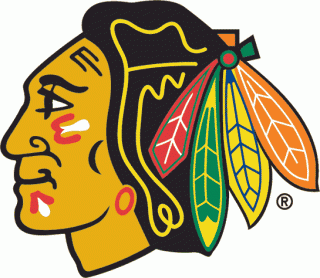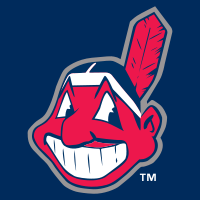

Source:
Predictably, reaction to the order has been mixed.
Supporters of the ban assert that even if the schools that use them harbor no ill-intent, the images themselves are caricatures that perpetuate stereotypes. Opponents of the ban suggest that these names celebrate, rather than disparage Native American culture. And fans of the slippery slope argument would ask what, then, of the other sports nicknames that make reference to a particular group of people, whether in terms of region of origin (Vikings, Fighting Irish, Celtics), religion (Quakers, Saints), or occupation (Boilermakers, Engineers)?
For many people the debate comes down to one question: tribute or stereotype? And some would suggest that this is a question best posed to Native Americans directly, including the NCAA, which has previously ordered schools to change their nickname unless they can demonstrate approval from the local tribe in question.
But there’s also another, arguably more compelling way to answer this question: look to the data. What, specifically, are the psychological implications of these nicknames and mascots?

Source:
This finding indicates that mascot representations are not always regarded as negative—and that surveys of members of Native American communities may very indicate explicit support for the nicknames. But the question remains, what of the psychological effects of these mascots on Native American individuals? On this count, the data are not so kind to the pro-mascot case.
In follow-up studies, the same researchers again presented high school respondents with various passages and images related to Native Americans. After reading about mascots (and seeing Chief Wahoo), Native American respondents scored lower on an individual self-esteem questionnaire, as well as a measure of their sense of community worth (i.e., feelings of respect and a sense of value towards Native Americans). In fact, scores for self- and community-worth were even lower among students who had seen Chief Wahoo than they were among those who read about the common depiction of Native American communities as suffering from high rates of alcoholism, suicide, and teen pregnancy.
The data from these studies are consistent with the idea that these mascots are often viewed positively, even by members of Native American communities. At the same time, they are also consistent with the conclusion that there are negative psychological consequences to such mascots, even if those who experience these consequences can’t or won’t articulate them when asked.
(And, of course, there are yet other questions to be asked about the effects of such mascots. For example, to what extent do they attenuate versus exaggerate racial stereotypes held by White people? In a separate investigation conducted in 2011, a different set of researchers concluded that Native American mascots activated negative, but not positive, stereotypes among Whites.)
In the end, these data pose a problem for claims that these mascots are honorific and likely to enhance the self-esteem of Native Americans. Even when that is (or has recently become) the motivation behind a team name, such good intent is not sufficient to bring about good outcomes. As the authors of the paper described above explain, “American Indian mascots do not have negative consequences because their content or meaning is inherently negative. Rather… [the mascots] remind American Indians of the limited ways in which others see them.”
The use of terms and images referring to Native Americans and First Nations as the name or mascot for a sports team is a topic of public controversy in the United States and Canada. Since the 1960s, as part of the indigenous civil rights movements, there have been a number of protests and other actions by Native Americans and their supporters. The protests target the prominent use of such names and images by professional franchises such as the Cleveland Indians; and the Washington Football Team. Changes, such as the retirement of Native American names and mascots in a wide array of schools, has been a steady trend since the 1970s.